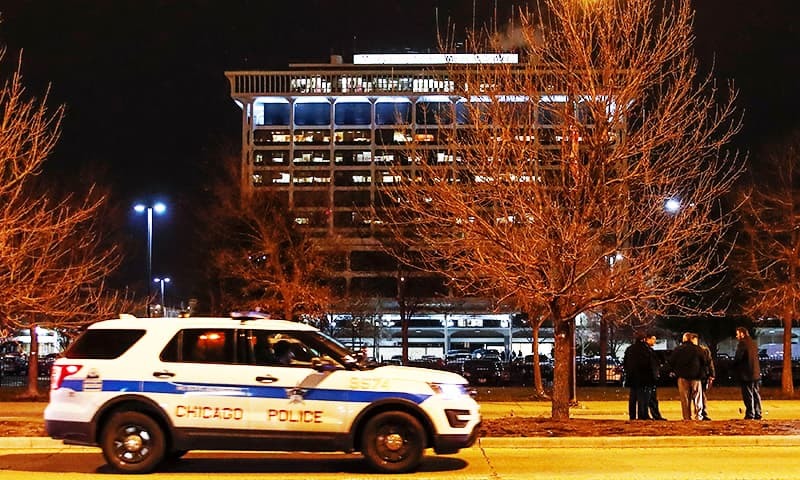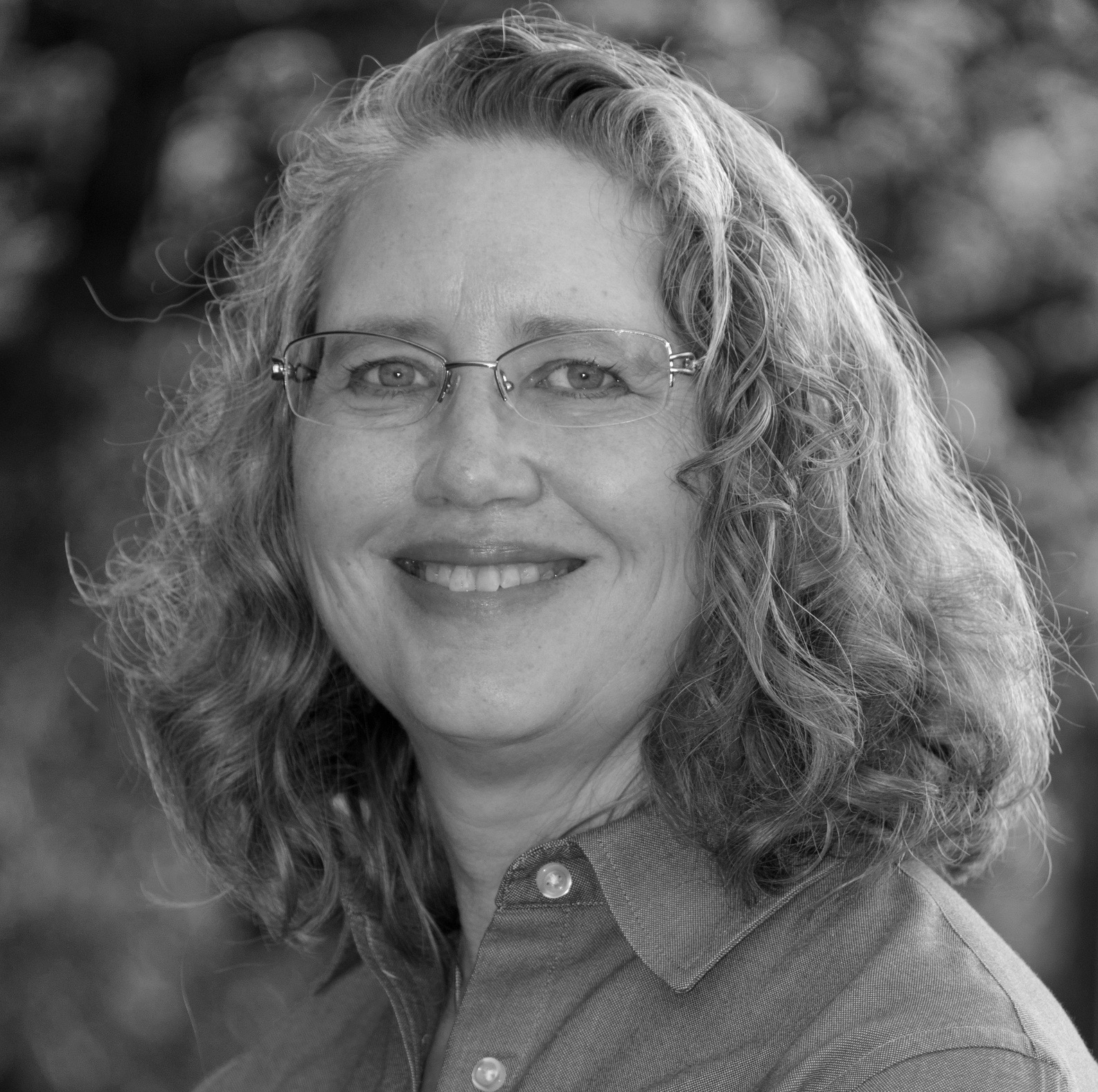
Just moments before I started writing this, I saw a post on Twitter about a shooting at a Chicago hospital with multiple people wounded. Immediately, my mind went to two doctors I know who work in Chicago, a husband and wife, one of whom is an emergency room physician. Both are Jewish.
It’s not surprising that the “Jewish doctor” is a bit of a cliché. Of course, most human cultures hold human life in high esteem; it’s a survival instinct for the species. Jewish tradition, however, makes it abundantly clear how important it is to save a life. Not only are we allowed to break almost any Jewish law in order to save a life, we are often commanded to do so. For instance, if a person’s health would be put in danger by fasting, they are not allowed to fast, even on Yom Kippur.
In addition, we are told that when we save one human life, it is as if we saved an entire world, presumably because one person, such as Adam or Eve, could be the ancestor of an entire world full of people. So no, it is not surprising that many Jews would become a doctor, a profession in which they would expect to be able to save precious lives.
As far as I know, and at this point I know very little, this shooting had nothing to do with anti-Semitism. I suspect that any Jewish people who were harmed in this particular shooting were just in the proverbial wrong place at the wrong time, even though the chances that at least one of them was Jewish is probably higher than the approximately 2 percent of the nation who identify as Jewish. My two friends are fine. The friends and relatives of many others are not.
Just a couple of weeks ago the largest anti-Semitic attack on a synagogue in this country was carried out. Many people were commenting about how small the Jewish community is. Many of the Jews here in California know or are related to at least someone associated with the shooting in Pittsburgh.
And while the Jewish community may be small, the chevra kadisha community – the volunteers within the Jewish community that take care of the dead and their mourners – is even smaller. So I, here in California, know at least one person who travelled to Pennsylvania to help respond to the tragedy in the way that only we know how. And one of the two doctors I know in Chicago was quoted in the Jewish media in regard to the chevra kadisha response in Pittsburgh.
Now here I am, breathing in the smoke from the wildfires still burning north of me, knowing several Jewish institutions have burned down in California wildfires in the last couple of years, wondering when tragedy will strike next in the Jewish community. Will it be a wildfire, perhaps caused by humans, on purpose or inadvertently; or will it be another mass shooting, which seem to be happening with ever-increasing frequency?
When will I be the one called to support a chevra kadisha in my area as they struggle to cope with a mass tragedy in their community, or will they, perhaps, be the ones helping my community to ritually wash and bury me? It seems it will only be a matter of time, so yes, it’s beginning to feel very personal.
Susan Esther Barnes writes about Jewish life from her perspective as a religious Reform Jew in Northern California. Follow her on Twitter at @SusanBarnesRnR.






















 More news and opinions than at a Shabbat dinner, right in your inbox.
More news and opinions than at a Shabbat dinner, right in your inbox.